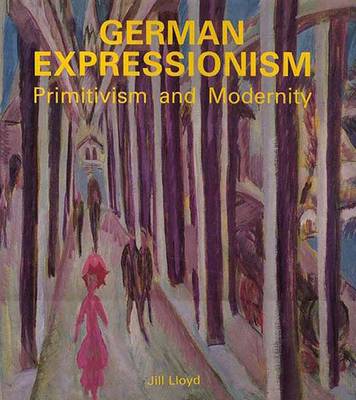This book explores the forces that shaped German Expressionism in the years before World War I. Jill Lloyd discusses the politics of the movement, the various indigenous political currents that influenced it, and in particular, the appeal of the primitive, an appeal that was enhanced by Germany's colonial aspirations and adventures. Lloyd argues that primitivism and modernity were the two poles of the German Expressionist movement. The artists' engagement with the city and with their own time and place led them to paint colourful, optimistic cabaret and circus scenes as well as lonely, alienating Berlin streets. At the same time, the Expressionists searched for a counter image to the modern world and turned to the eternal and timeless notions of the primitive. Some, such as Max Pechstein and Emil Nolde, even travelled to the South Seas, following in the footsteps of Gauguin. According to Lloyd, the Expressionists' concepts of the primitive and their ideas about non-European peoples and tribal art were reinforced by patterns of thought and colonial attitudes of the time.
Lloyd finds links between the Expressionists' approach to primitive arts and crafts and the ethnography, sciences, politics, art history, and popular culture of their era. And as she examines their paintings, graphics, photographs, carved furniture and wall hangings, she shows how this diverse activity reflected an ideology that associated primitive peoples and unfettered behaviour with a fresh and more authentic culture. This book won the first National Art Book Prize.
- ISBN10 0300043732
- ISBN13 9780300043730
- Publish Date 24 July 1991
- Publish Status Out of Print
- Out of Print 21 September 2006
- Publish Country US
- Imprint Yale University Press
- Format Hardcover
- Pages 278
- Language English
